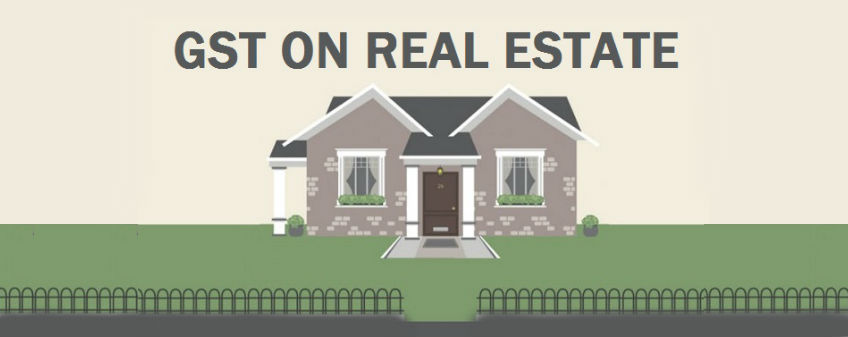Goods and Services Tax (GST) is finally here and will be effective across the country from 1st July 2017. GST may bring a lot of relief to the real estate sector. All goods and services under the GST regime have been categorised in four tax slabs of 5, 12, 18 and 28 percent, besides those items that attract zero tax.
Currently, the sales of land and buildings have been kept out of the ambit of GST but it is expected to be taxed within a period of a year. Construction of land and building will benefit from the rates declared for cement, bricks, and iron under GST.
Cement will be taxed at the rate of 28% under GST. It is higher the current average rate of tax around 23-24% but a lot of additional taxes charged over the average rate would be subsumed under GST. Iron rods and pillars used in the construction of buildings are charged at the rate of 18% which is similar to the current average rate of 19.5%.
Bricks used in the construction of buildings and houses are taxed under GST at the rate of 28% except for the rate of ceramic building bricks which is kept under 5%. Currently, all bricks except the ceramic bricks are charged an average tax rate of 25-26% inclusive of all state and central level taxes. Logistics cost of transportation of bricks, cement or iron is going to reduce through the subsuming and streamlining of taxes.
Existing tax liabilities on homebuyers are likely to remain unaffected upon the introduction of GST. At present, a homebuyer ends up paying a number of indirect taxes, which include VAT, service tax and excise duty, amounting to 11 percent, exclusive of Stamp Duty. As per the new GST regime, indirect taxes will not be counted, and a uniform 12 percent for purchase of new residential property will be put in place, exclusive of stamp duty.
Real estate sector will benefit with new tax law having a positive effect on all ancillary industries.

